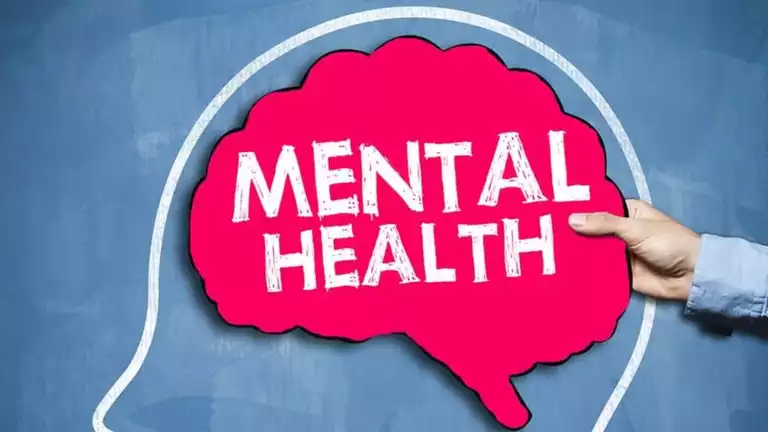This year's World Mental Health Day (October 10) is celebrated at a time when our daily lives have been significantly altered as a result of the COVID-19 pandemic. The last few months have brought many challenges: for healthcare workers, who provide their services in difficult circumstances and go to work in fear of bringing COVID-19 home; to students, who had to adapt to distance classes, with little contact with professors and colleagues and worried about the future; to workers whose livelihoods are threatened; the large numbers of people trapped in poverty or in fragile humanitarian environments with very little protection from COVID-19; and for people with mental health conditions, many of whom are even more socially isolated than before. Not to mention how to deal with the pain of losing a loved one, sometimes without being able to say goodbye.
The economic fallout from the pandemic is already being felt everywhere, as companies lay off employees in an attempt to save businesses or are forced to close entirely.
Based on past emergencies, mental health and psychosocial support needs are expected to increase significantly in the coming months and years. Investing in national and international mental health programs that have not received funding for years is more important than ever.
Therefore, this year's World Mental Health Day campaign aims to increase investments in mental health.



